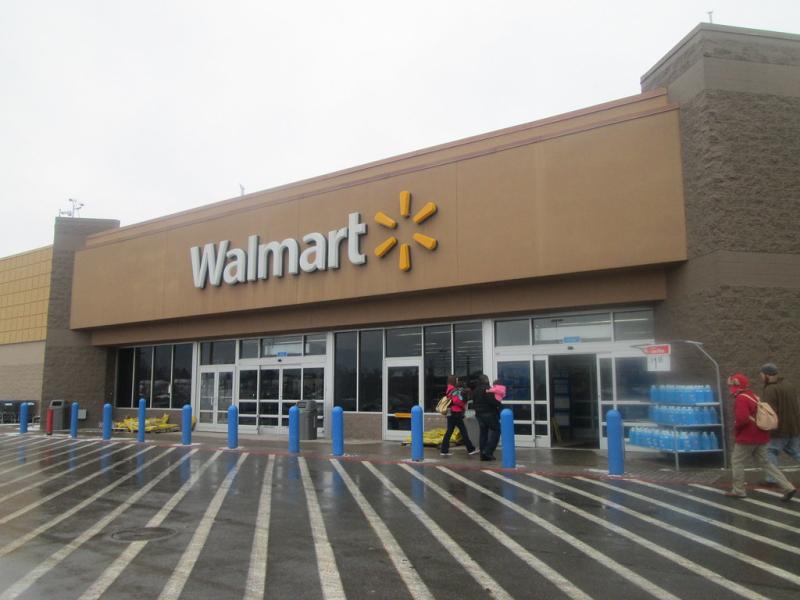Over the past few years, many retailers such as Walmart, Walgreens, and CVS have been closing their stores in major cities such as Portland, Chicago, and San Francisco. While there have been many reasons given for these closures, some believe that they are directly related to the lack of prosecution of shoplifters by local prosecutors.
The argument is that if perpetrators of crimes such as shoplifting face little to no legal consequences, retailers are left to bear the cost of these crimes. This can lead to a decrease in profits and investment, making it difficult for them to operate in these cities and leading to store closures. However, the issue of retail theft and its impact on businesses is not new. Retailers have been dealing with shoplifting and related crimes for as long as they have been in operation. What has changed is the way in which these crimes are being handled by the criminal justice system. Many cities have started to prioritize other crimes over retail theft, citing limited resources and overcrowded court dockets. This has led to a de facto decriminalization of shoplifting, with many offenders receiving only a warning or a small fine. This lack of prosecution has created a culture of impunity, where offenders believe they can commit crimes without any serious consequences. This, in turn, has led to an increase in crime rates and a further burden on retailers. It’s simple: if there is no punishment, there will be more crime. The lack of prosecution of retail theft has created an environment where criminals believe they can get away with their crimes. This has emboldened them to commit even more serious offenses, such as robbery and assault. The consequences of this lack of prosecution are far-reaching. Retailers face staggering costs as a result of theft and related crimes. The cost of stolen merchandise, as well as security personnel and other measures designed to prevent theft, are all passed on to the retailers themselves. This can lead to decreased profits and, in some cases, store closures. But the impact of shoplifting goes far beyond just the retailers themselves. When stores are forced to close, the communities they serve also suffer. Large retailers such as Walmart and Walgreens are often the only sources of affordable goods and services, particularly in low-income neighborhoods. When these stores close, residents are forced to travel further and pay more for essential items like groceries and medication. This can lead to food deserts and other forms of economic deprivation, further exacerbating existing inequalities. While it is true that prosecutors have limited resources and must prioritize the most serious crimes, the lack of prosecution of retail theft is not a solution. Rather, prosecutors should look for innovative ways to address the issue, such as diversion programs that provide offenders with counseling and job training rather than jail time. In the end, the issue of retail theft and its impact on retailers and communities is a complex one that requires a nuanced and thoughtful response. But it is clear that the lack of prosecution of retail theft has created a culture of impunity, where criminals believe they can commit crimes without any serious consequences. If we want to reduce crime rates and support our local retailers, we must ensure that there are consequences for criminal behavior. If there is no punishment, there will be more crime.


Comments are closed